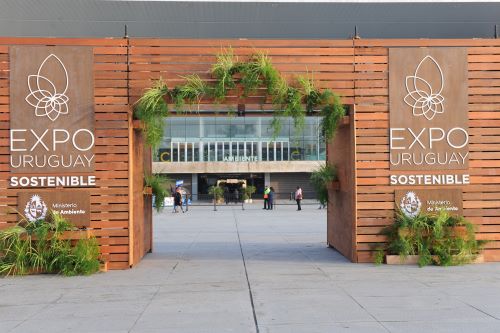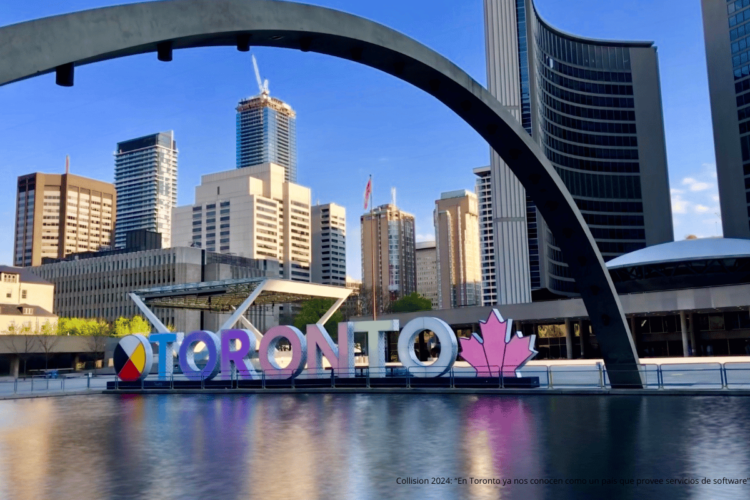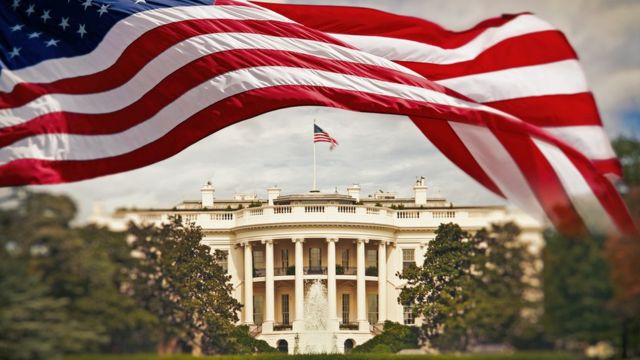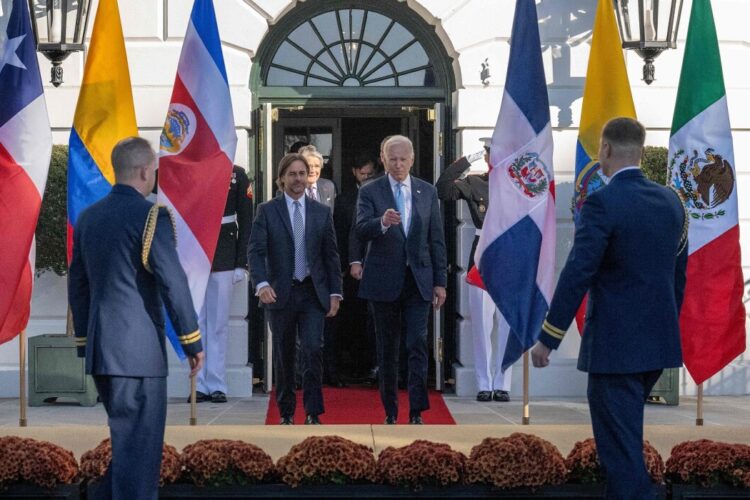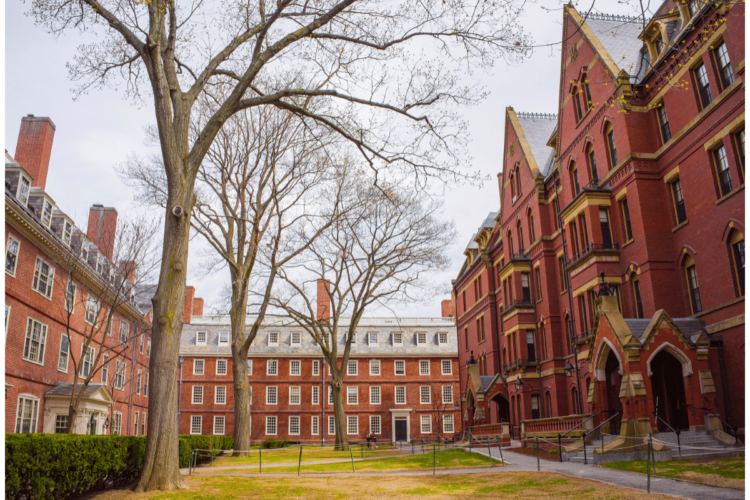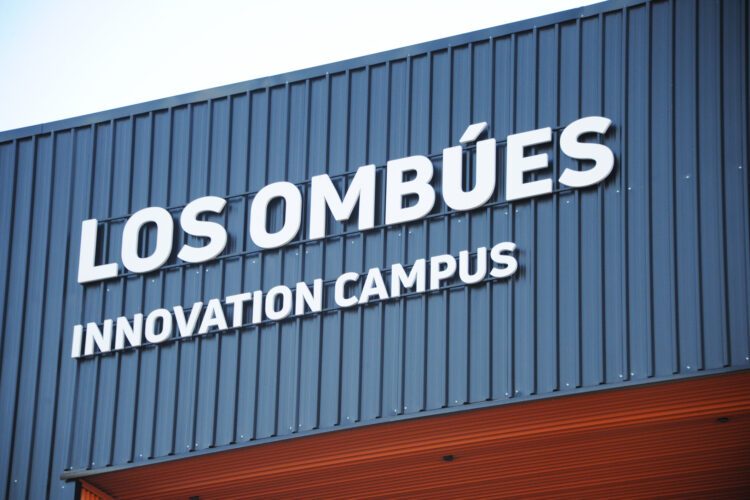Introduction
Since 1991, Uruguay has joined Argentina, Brazil and Paraguay to form part of the Southern Common Market (MERCOSUR), a group that Venezuela also joined in 2012.
This movement towards regional integration has been strengthened by the signing of international treaties in areas such as goods, services, government procurement, investment and the prevention of double taxation.
In addition, thanks to its strategic geographic location and an attractive framework of incentives for investment, Uruguay has seventeen active trade agreements with 18 countries, which offer advantages in the trade of goods and three specific pacts on services, positioning the country as a privileged gateway to markets of significant economic importance.
The political and social stability, the robustness of its economy, together with a reliable legal system, provide a secure environment for investors.
This environment is supported by more than 30 investment promotion and protection treaties and 21 agreements to avoid double taxation, thus consolidating Uruguay’s attraction as an investment destination.
Agreements with preferences in Goods and Services:
MERCOSUR
MERCOSUR represents the fifth largest economy in the world, and companies based in Uruguay have access to an expanded market of 276 million consumers and a Gross Domestic Product (GDP) of US$3.3 trillion.
Thanks to its central location in the MERCOSUR region, Uruguay is strategically situated in the heart of an area with high population and income levels, encompassing 90 million people within a 1,500 km radius, an area characterized by intense industrial and agricultural activity.
In 1991, Uruguay joined Argentina, Brazil and Paraguay in signing a treaty that gave birth to the Southern Common Market (MERCOSUR), marking the beginning of an acceleration in Uruguay’s economic opening towards deeper integration, which evolved from a free trade zone to a common market.
The Treaty of Asunción, the founding treaty of MERCOSUR, established the free circulation of goods, services and productive factors among member countries, progressively eliminating tariff and non-tariff restrictions.
Venezuela joined the bloc in 2006 and became a full member in 2012, although it is currently suspended.
Bolivia, for its part, signed its accession in 2012, and its incorporation is in the process of being ratified by the parliaments of the member countries.
Since 1995, MERCOSUR implemented a Common External Tariff (CET), which ranges from 0% to 35%, with approximately 30% of tariffs equal to or lower than 4% and 7% higher than 20%, with the textile, clothing and footwear sectors being the most affected by the highest tariffs.
Member countries may apply exceptions to the CET, allowing for variations in tariffs between countries. Uruguay, for example, applies an average tariff of 9.4%, lower than the MERCOSUR average of 11.9%, thanks to exceptions such as national lists (225 products), reduced tariffs for capital goods, information technology, communications and other specific sectors.
In addition, Uruguay takes advantage of special regimes that allow the exemption or reduction of tariffs in certain cases, including temporary admission for inputs used in the production of goods for export, a regime for importing agricultural inputs without tariffs, and an investment promotion regime with similar benefits for capital goods in approved projects.
As for trade within the region, Uruguay enjoys 100% tariff preference for exports to the four full MERCOSUR partners, except in the automotive and sugar sectors and for products from Free Trade Zones, which are governed by specific rules .
In the automotive sector, Uruguay has bilateral agreements with Argentina and Brazil that guarantee full preferential access to these markets for automotive products, subject to a preferential origin regime and maximum annual quotas. Exports to Venezuela also enjoy significant preferences.
Finally, although exports from Free Trade Zones are generally not covered by MERCOSUR preferences, a recent decision allows products originating from the bloc or from third countries with relevant agreements to perform logistical tasks in these zones without losing their origin, under certain conditions, from June 2019.
MERCOSUR – CHILE
In October 1996, a free trade agreement was implemented between MERCOSUR and Chile, known as the Economic Complementation Agreement No. 35 under the ALADI nomenclature.
As of today, all Uruguayan exports enjoy full tariff preference (100%) in Chile.
The creation of this Free Trade Zone was materialized through a trade liberalization program that included gradual tariff reductions until 2012, except for some products considered sensitive.
In 2008, Uruguay and Chile accelerated the implementation of these mutual preferences through a specific agreement. Since February 2010, exports from or originating in free trade zones in Uruguay have enjoyed a total exemption from tariffs in Chile.
MERCOSUR – BOLIVIA
In February 1997, another free trade agreement entered into force, this time between MERCOSUR and Bolivia, designated as Economic Complementation Agreement No. 36 according to ALADI.
All Uruguayan exports, except those coming from or originating in free trade zones, currently benefit from a 100% tariff preference in Bolivia.
The implementation of a Free Trade Zone with Bolivia was achieved through a trade liberalization scheme that included progressive tariff reductions until 2014, leaving Uruguayan free trade zone exports outside the preferences of this agreement. Bolivia signed its accession to MERCOSUR in December 2012, and its full incorporation is pending parliamentary ratification by member countries.
It is anticipated that the tariff and origin regime between Bolivia and MERCOSUR will follow the same scheme that already allows a 100% preference between the parties.
MERCOSUR – COLOMBIA, ECUADOR AND VENEZUELA
The free trade agreement between MERCOSUR and the countries of the Andean Community of Nations, Colombia, Ecuador and Venezuela became effective in 2005, under the name of Economic Complementation Agreement No. 59, in accordance with the ALADI nomenclature.
Since that year, a Free Trade Zone was established through a trade liberalization scheme that included staggered tariff reductions.
ACE 59 established different schedules and timetables for each of the parties, resulting in different trade preferences among the countries involved.
Regarding the bilateral trade exchange between Uruguay and these three countries, the tariff relief process was completed on March 1, 2018.
MERCOSUR – PERU
In 2006, the Economic Complementation Agreement N° 58 was activated between MERCOSUR and Peru, following the ALADI classification, establishing a Free Trade Zone through a trade liberalization process that included a gradual tariff reduction.
This agreement, known as ACE 58, presents specific tariff reduction schedules and timetables for each signatory country, resulting in different trade preferences among them.
The trade liberalization phase between Peru and Uruguay concluded on January 1, 2017. After that date, the only restrictions that remain are for specifically excluded products (such as sugar, ethyl alcohol and retreaded or used tires) and those whose origin criteria have not yet been defined (more than 800 items, mostly in the textile and clothing sector).
For products listed in Annex I of the agreement, preferences apply only to the specified tariffs. The agreement between MERCOSUR and Peru excludes goods produced or coming from free trade zones or special customs areas.
MERCOSUR – CUBA
The free trade agreement between MERCOSUR and Cuba, known as the Economic Complementation Agreement No. 62 according to ALADI, entered into force in 2008.
This establishes a detailed list of products that benefit from tariff preferences, provided they comply with the applicable origin regime.
Although the tariff reduction program is uniform for all participating countries, product listings vary among the signatory nations.
Uruguay enjoys duty-free access for approximately 32% of its exportable supply (according to the negotiated nomenclature) and has fixed preferences for an additional 7% of products.
The sectors with the greatest access to the Cuban market, considering the proportion of items with free access over total items per sector, include medicines, machinery and electrical appliances, plastics, motor vehicles and leather goods.
MERCOSUR – INDIA
The first Preferential Trade Agreement signed by MERCOSUR, this time with India, was activated on June 1, 2009. This pact establishes fixed tariff preferences for a limited selection of products, covering 452 products for MERCOSUR and 450 for India.
Tariff reductions commonly range from 10% to 20%.
The preferences granted by India to MERCOSUR extend to various sectors, being especially notable in categories such as machinery and mechanical equipment, extracts for tanning and dyeing, cotton, optical and photographic instruments, and organic chemical products.
MERCOSUR – ISRAEL
In December 2007, MERCOSUR signed a free trade agreement with Israel, which came into force in Uruguay in December 2009.
This agreement resulted in the creation of a Free Trade Zone through a process of trade liberalization, which included tariff reductions scheduled until 2018, uniformly applicable to MERCOSUR member countries.
About 96% of the products, according to the negotiated nomenclature, can enter Israel from Uruguay duty free since before 2015. This benefit is also extended to products originating or coming from free trade zones.
MERCOSUR – Southern Africa Customs Union Agreement
This agreement entered into force on April 1, 2016, marking a first step towards trade liberalization through the application of fixed tariff preferences, with a view to eventually establishing a Free Trade Area.
Both parties committed to continue evaluating ways to expand access to their respective markets.
Of the tariff universe negotiated, 45% has a 100% preference to enter the South African Customs Union from Uruguay.
MERCOSUR – EGYPT
The Free Trade Agreement signed between MERCOSUR and Egypt took place in San Juan, Argentina, on August 2, 2010, and became operational on September 1, 2017.
This pact introduced the creation of a Free Trade Zone through a process of gradual trade liberalization.
Tariff reduction programming is organized into four categories: A) immediate, B) in 4 years, C) in 8 years, and D) in 10 years.
At the beginning of the agreement, 25% of the negotiated products immediately benefited from a total elimination of tariffs, and it is expected that within 8 years more than 60% of the total negotiated products will enjoy this 100% preference.
URUGUAY – MEXICO
Uruguay signed a bilateral free trade agreement with Mexico in November 2003, which was implemented in July 2004 under the ALADI Economic Complementation Agreement No. 60.
This agreement guarantees 100% duty-free access for Uruguayan products in Mexico, although there are some products, mainly wool, cheese and powdered milk, which benefit from specific preferential quotas for export to Mexico.
Most products enjoy tariff preferences set at 28%, although some can reach up to 90%.
There are a limited number of products that are excluded from these preferences, especially in the clothing sector, although there are exclusions in other areas as well.
Regarding the automotive sector, the trade relationship between Uruguay and Mexico is regulated by a previous agreement between MERCOSUR and Mexico, dating from January 2003, identified as the ALADI Economic Complementation Agreement No. 55.
Under this agreement, Uruguay may export automobiles, cargo vehicles with a maximum total weight of up to 8,845 kg, tractors and certain auto parts specified in the agreement without quantitative limitations and without tariffs.
Uruguay’s Investment Promotion and Protection Agreements
General Overview
Uruguay currently has 30 Investment Promotion and Protection Agreements in force with 31 countries. These agreements vary in terms of whether they include pre-establishment provisions, such as the agreements with Canada, Chile, Japan, Mexico and the United States, or focus on post-establishment aspects without including liberalization elements.
Broad Coverage and Warranties
The coverage of these agreements is extensive, offering significant guarantees for investors, mainly due to the inclusion of an open definition of investment in most of them. Only five agreements have a specific definition of investment, but even these cases have broad coverage.
Fundamental Principles for Investors
These agreements assure foreign investors of key principles such as the most favored nation clause, fair and equitable treatment, protection against expropriation and freedom of transfer. In addition, they establish mechanisms for the resolution of disputes between investors and the State.
Specific Agreements
Uruguay-Canada: Includes pre-establishment provisions with certain sectoral reservations and commitments equivalent to those of the WTO General Agreement on Trade in Services.
Uruguay-United States: Covers investment protections from pre-establishment, with reservations in certain areas such as fisheries, communications and transportation.
Uruguay-Mexico: Contains an investment protection chapter with pre-establishment provisions, still under negotiation on certain reservations.
Uruguay-Chile: Establishes reservations in specific sectors, partially limiting national treatment and most favored nation commitments.
Uruguay-Japan: Presents a state-of-the-art agreement that protects investments from pre-establishment and establishes a legal framework based on non-discrimination.
INTRA-MERCOSUR Protocol
The INTRA-MERCOSUR Cooperation and Investment Facilitation Protocol, signed in 2017 and effective as of 2019 for Brazil and Uruguay, seeks to promote cooperation and facilitate direct investment in the bloc. This protocol covers principles for the treatment of investments and establishes a framework for the prevention of disputes, as well as thematic cooperation agendas.



